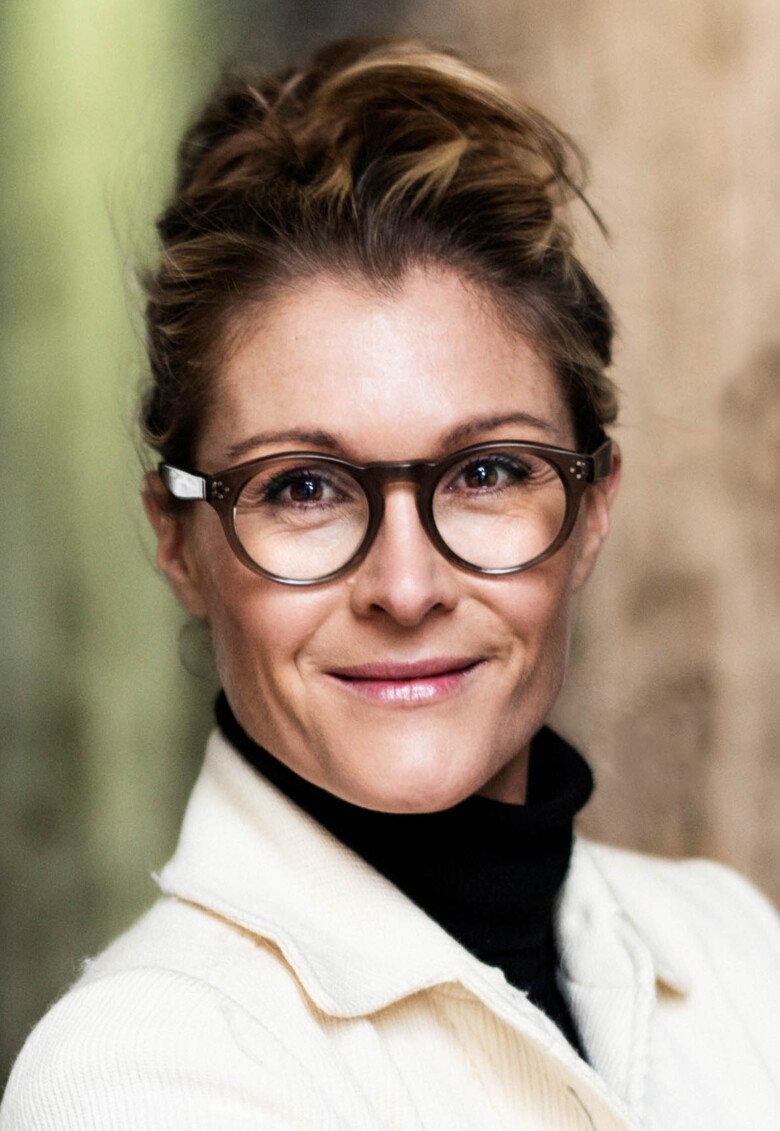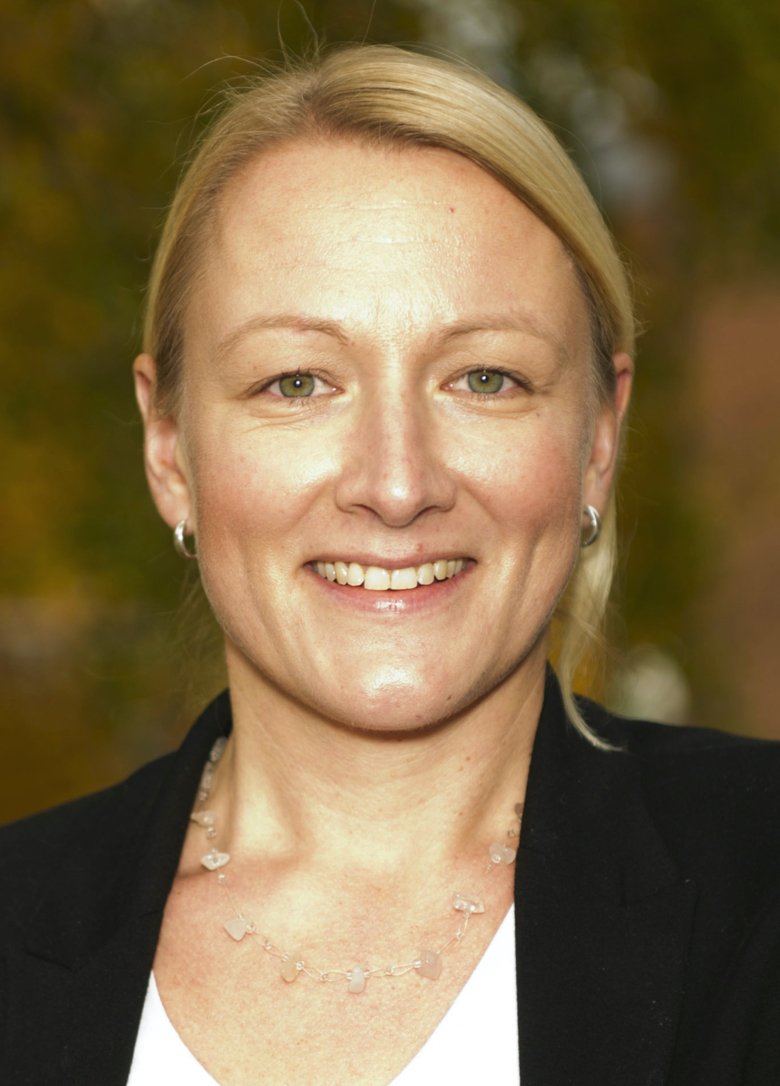Unique opportunity to do research on homeschooling

An international network of researchers in 10 countries are to study the effectiveness of homeschooling during the ongoing COVID-19 pandemic. The gathering of data via online surveys in the various languages is being led by researchers at Karolinska Institutet. The aims of the study are to look at the challenges facing families during the COVID-19 pandemic and to produce recommendations and technical methods for both homeschooling and teaching in general.

“We’re appealing for help from all parents with children or adolescents receiving homeschooling,” says Lotta Borg Skoglund, psychiatrist and assistant professor at the Department of Clinical Neuroscience, Karolinska Institutet, and one of the project’s initiators. “We are also interested in experiences form families where the children receive educational support in school or are struggling with psychosocial problems. We know from our contacts with patient associations and clinical experience that some individuals are at particular risk of being left behind by such changes to their world.”
Respond to the survey (as yet, only in Swedish)
The COVID-19 pandemic has prompted many countries to close their schools to reduce the spread of the virus. Countries have handled the situation in different ways, and in Sweden it is mainly upper secondary schools and universities that are closed. Regardless of the official strategy in the different countries, the researchers believe that the pandemic offers a unique opportunity to study potential problems and opportunities with homeschooling for children and adolescents.
Rescheduled their working days
In just a few weeks, the researchers participating in the network have rescheduled their working days, produced a questionnaire relevant to all languages and applied for ethical approval for their research – which according to Dr Borg Skoglund has been instructive and interesting in itself:

“We’re aware that the method of gathering information from an anonymous online survey has its scientific limitations” she says. “For instance, we can’t work with randomised control groups or measure the response rate. However, the opportunity to study this unusual situation just as it’s happening can offset the other shortcomings to some extent, provided that we are able to collect a relatively large amount of data.”
Currently involved in the study alongside the team from KI, Sweden are researchers from Germany, the Netherlands, Belgium, the UK, Ireland and China. Researchers from Brazil, Italy and Spain have also expressed an interest in joining the project, and they are now translating the survey into their languages. The study is being led by Lisa Thorell, associate professor in psychology at the Department of Clinical Neuroscience, Karolinska Institutet.
